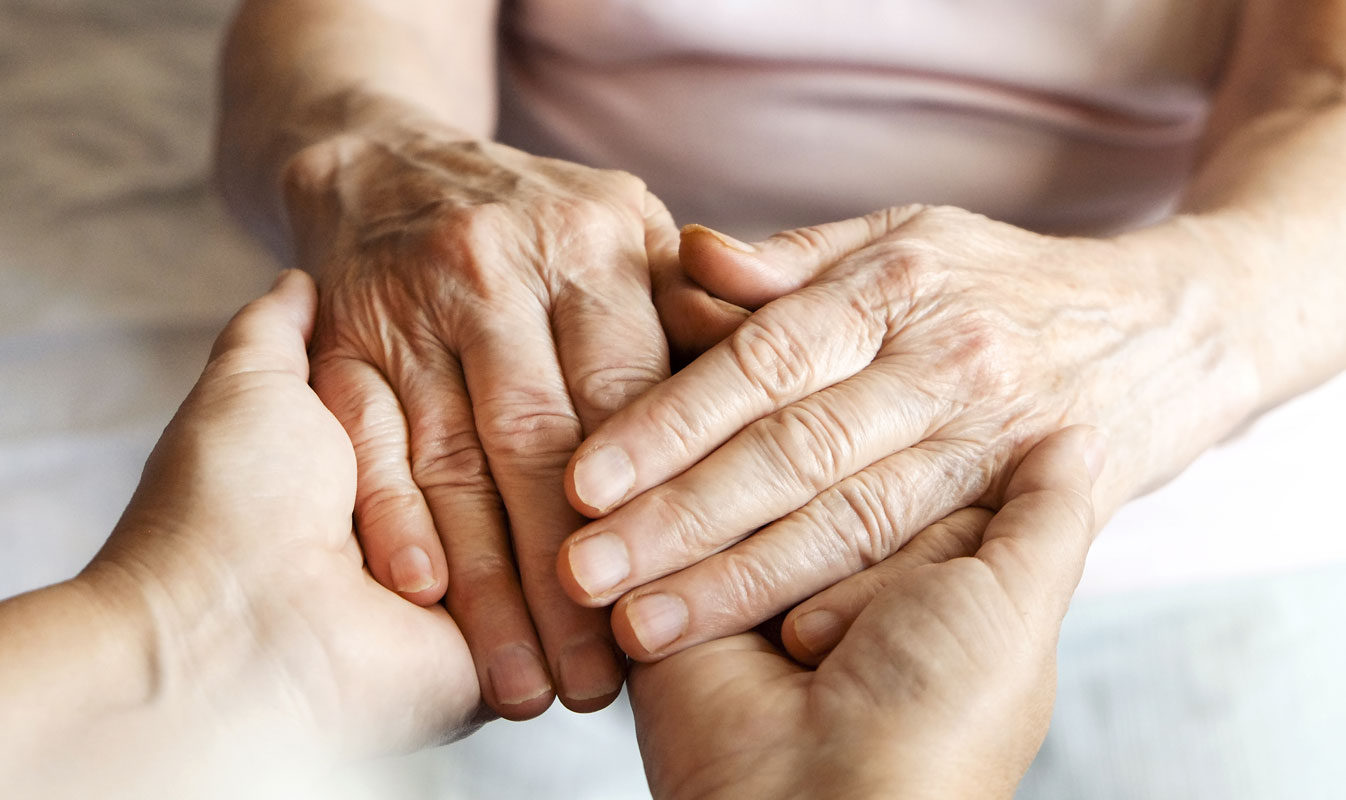With social distancing measures implemented during the COVID-19 pandemic, new research finds that consequential effects like social isolation have put older adults at risk of severe psychiatric illness.
According to researchers at the University of Haifa, isolation resulting from the COVID-19 pandemic led to an increase in symptoms of anxiety, depression, and trauma among people in late adulthood. Their findings appeared in the American Journal of Geriatric Psychiatry.
As part of their study, researchers examined whether subjective moderated the association between isolation as a result of the COVID-19 pandemic and psychiatric traits.
277 adult participants from Israel took part in the study, completing online questionnaires assessing anxiety and depressive traits, as well as social isolation. The participants also gave input on their perceived age.
“The positive relationship between loneliness due to the COVID-19 pandemic and psychiatric symptoms was weak among those who felt younger than their age while this very same relationship was robust among those feeling older,” the co-authors determined in the findings.
“Young subjective age may weaken the loneliness-symptom association among older adults during the COVID-19 pandemic. Older adults holding an older age identity are more susceptible to the adverse effects of loneliness,” researchers concluded.
The study, titled COVID-19 Related Loneliness and Psychiatric Symptoms among Older Adults: The Buffering Role of Subjective Age, was led by Amit Shrira, Yaakov Hoffman, Ehud Bodner, and Yuval Palgi.


